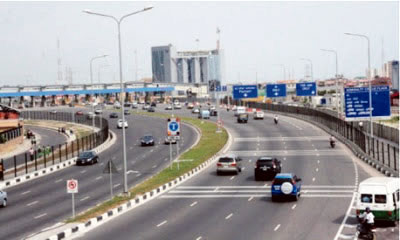The Independent Marketers Association of Nigeria (IPMAN), South-West Zone, has issued a directive to its members to boycott the Lekki-Epe corridor starting Monday, June 16, 2025. This action is a preemptive measure to avoid potential harassment and intimidation that IPMAN anticipates will arise from the Lagos State Ministry of Transportation’s implementation of the E-Call-up policy. The directive, issued by the zonal chairman, Chief Oyewole Akanni, follows an earlier instruction from IPMAN’s national office urging members to halt the dispatch of trucks to load petroleum products in the affected area.
The core issue fueling IPMAN’s discontent is the mandatory N12,500 E-Call-up system, which the association views as being implemented unilaterally by the Lagos State government without adequate consideration of stakeholders’ concerns. Despite engaging with the state authorities, IPMAN and other stakeholders like the National Association of Road Transport Owners (NARTO) have been unable to reach a mutually agreeable resolution. The state’s insistence on proceeding with the E-Call-up system on its own terms has led IPMAN to believe that its members are likely to face undue hardship and harassment.
The boycott of the Lekki-Epe corridor represents a significant escalation in the ongoing dispute between IPMAN and the Lagos State government. This vital artery serves as a crucial route for the transportation of petroleum products, and its disruption could potentially impact fuel supply in the region. IPMAN’s decision to withdraw its depot representatives and truck drivers underscores the seriousness of the situation and the association’s determination to protect its members’ interests.
The E-Call-up system, designed to streamline traffic flow and reduce congestion, has become a point of contention due to the associated fees and the perceived lack of consultation with key stakeholders. IPMAN’s stance suggests that the system’s implementation has been flawed and has not adequately addressed the concerns of those directly affected. The association’s call for a boycott is a clear signal of its dissatisfaction and its belief that the current system is detrimental to its members’ businesses.
The potential consequences of this boycott extend beyond the immediate disruption of fuel transportation. Prolonged disruption could lead to fuel shortages, price hikes, and economic hardship for businesses and consumers alike. The standoff between IPMAN and the Lagos State government highlights the challenges of implementing complex policies without adequate stakeholder engagement. A resolution requires open dialogue and a willingness to compromise on both sides.
The situation underscores the importance of effective communication and collaboration between government agencies and industry stakeholders. Addressing the concerns raised by IPMAN and other stakeholders is crucial to ensuring the smooth implementation of policies and preventing disruptions to essential services like fuel supply. The boycott serves as a wake-up call for the Lagos State government to reconsider its approach and engage in meaningful dialogue with affected parties to find a mutually acceptable solution.


